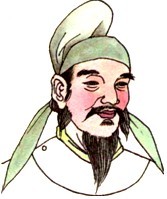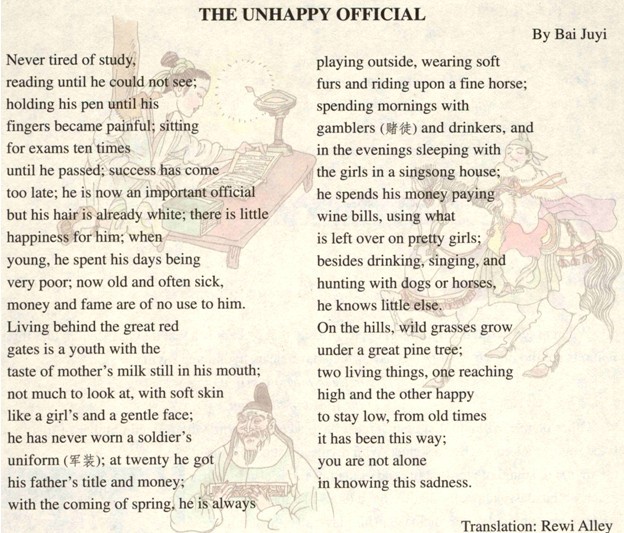人教高中英语高二上UNIT4-4(在线收听)
When asked about poetry, most people will say that a poem is a text that has rhythm and rhyme. Famous are the lines by William Blake, which have clear rhythm and rhyme:
Other people will add that poems must have a certain form, with a fixed number of lines and a fixed rhyme pattern, such as a sonnet. With rhyme, most people mean the rhyme of sound of words at the end of the lines. It is also true that much of the classical poetry that we have looks like that. Except for some short songs and poems included in his plays, all of Shakespeare's greatest poems are sonnets.
John Milton was one of the first poets who started writing poems without rhyme at the end of the lines. He wrote other poems too, but he is famous for his long poems without rhyme. After Milton, almost every poet had a hand at this kind of poetry that was free of rhyme. Wordsworth and Keats wrote some such poems, but that is not what they are famous for. This style of poetry became known as free verse (自由诗).
It was not until the twentieth century that modem poetry was really developed. Modem poets wanted to break with all the traditional forms of poetry. One of the characteristics of modern poetry is that it usually does not have rhyme at the end of a line, and it is also often about common topics.
In China, free verse was known and used much earlier. The following poem by Bai Juyi is an example of a poem written in free verse.

